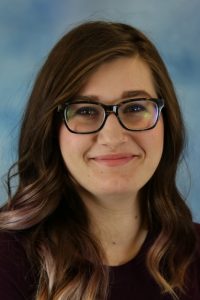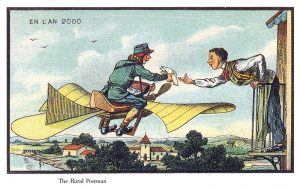24th Annual Howard B. Eisenberg Do-Gooders’ Auction–An Interview with Corinne Frutiger
 The 24th Annual Howard B. Eisenberg Do-Gooders’ Auction on behalf of the Law School’s Public Interest Law Society (PILS) was held on February 17 at the Law School. Proceeds from the event go to support PILS Fellowships to enable Marquette law students to do public interest work in the summer. Corinne Frutiger, a current law student, shares her experience here as a PILS Fellow.
The 24th Annual Howard B. Eisenberg Do-Gooders’ Auction on behalf of the Law School’s Public Interest Law Society (PILS) was held on February 17 at the Law School. Proceeds from the event go to support PILS Fellowships to enable Marquette law students to do public interest work in the summer. Corinne Frutiger, a current law student, shares her experience here as a PILS Fellow.
Where did you work as a PILS Fellow?
Milwaukee Justice Center.
What kind of work did you do there?
I got to continue a lot of the pro bono work that I was already very involved with, including meeting one on one with clients in the Family Forms Clinic and side by side with volunteer attorneys in the Marquette Volunteer Legal Clinic (MVLC). In the Family Forms Clinic I worked one on one with clients to help them navigate the family law process, whether that be the starting of an action, or jumping back into an existing case.
I also worked with attorneys in the MVLC to provide brief legal advice to clients on a range of matters, including such matters as family law, small/large claims, probate, landlord-tenant, and guardianships. I was given the opportunity to be fully integrated with the MJC staff and sit in on meetings to discuss what more we could do to better serve our clients and the Milwaukee community. It was truly incredible to see and be a part of a group that works tirelessly to continue to improve their services for the benefit of the community. Watching the MJC staff, volunteer attorneys, and even some of the other volunteer students work so hard and brainstorm together to serve the full extent of a client’s needs was truly memorable and an experience I am truly grateful for.

